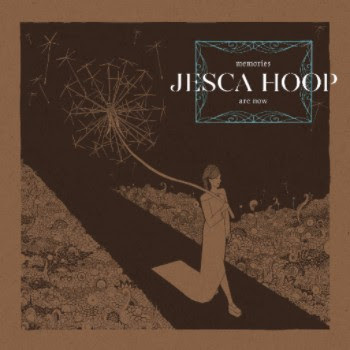‘Fiasco’ sounds about right. It certainly offers a quick capsule method in which to describe the wildly scattershot first taste of a previously abandoned trilogy in favour of apparently divine-signaled retirement announced in the wake of anti-Semitism accusations. Got all that?
Press release gold if nothing else and yet the accompanying notes for Drogas Light go hard on Lupe Fiasco hitting his ‘creative peak’ as words like ‘genius’ and ‘legacy’ are bandied about. Fair enough, the furore that emerged following the release of his ‘N.E.R.D.’ freestyle in December – offending lyric in question: ”Artist gettin’ robbed for their publishing by dirty Jewish execs that think his aims from the covenant” – was unlikely to result in a shrewd marketing campaign even if Lupe didn’t seem to appreciate that the days of putting out a track like ‘No Vaseline’ and it not bringing a career to a screeching halt are long over.
The knee-jerk decision to take his ball and go home shouldn’t have surprised anybody, given this isn’t the first time he’s threatened to hang it up. His is a most frustrating case – an artist of undeniable skill who never quite hit his potential but is nonetheless still capable of unearthing diamonds. 2015’s Tetsuo & Youth, for instance, is a considered work packed with both lyrical dexterity and cutting social commentary, most notably displayed on sobering short stories ‘Mural’ and ‘Deliver’.
Drogas Light on the other hand is… well, it’s hard to tell, to be honest. Is it the first of a laser-focused three-part story and thus very deliberate foundations? Is it the distillation of a multi-layered epic into one flowing narrative? Or is it simply a bunch of leftovers and warmed-up scraps that’ll suffice to meet an ever-shifting deadline? After 14 mostly uninspired tracks, it definitely at least feels like the last one.
A pity, as early signs are at least somewhat promising. Serving as an official intro, ‘Dopamine Lit’ is an effective curtain raiser, all energy and defiant claustrophobia that sets the scene for the more expansive ‘NGL’, itself a controlled flurry that isn’t harmed by the lukewarm background presence of Ty Dolla $ign. Despite it feeling much too early, ‘Promise’ takes things right down, its mix of languid vocals and flat production serving only to anchor the flow after just two tracks. ‘Made In The USA’ is so familiar that it floats by in monotone but at least it picks up the pace.
Praise be, then, for the bizarre ‘JUMP’, a throw-it-all-at-the-wall concoction of pop, rap and trap that finds Lupe Fiasco finally telling a story even if this tale is completely bonkers by design. He finds time to playfully shine meta light, referencing breakout song ‘Superstar’ in a way that should satisfy both lovers and haters. ‘JUMP’ is a ridiculous handful of minutes, and maybe the strongest throughout. ‘Tranquillo’, bolstered by Rick Ross and BIG K.R.I.T., proves a sharp rival, throwing out different but no less intriguing hooks on the kind of effort that proves Lupe can do the sleepy thing but still keep pulses racing.
So why bother with so much obvious filler? ‘City of the Year’ feels like it’s meant to have substance but you won’t find it. The begging ‘Pick Up The Phone’, meanwhile, is an astonishing misstep; the kind of violently saccharine nothing that B.O.B. made his mainstream-bothering Featured Artist name on several years back. If that’s not jarring enough, Drogas Light goes all disco-funk, ushering in its big finish with two knock-off ‘Chic x Timberlake’ gilded affairs before bringing the listener all the way back to the closing credits of an early-Nineties romantic comedy with some played-out R’n’B.
Quite the mess all told. The second part of a trilogy is often the best though, right?
-
4Dave Hanratty's Score






















